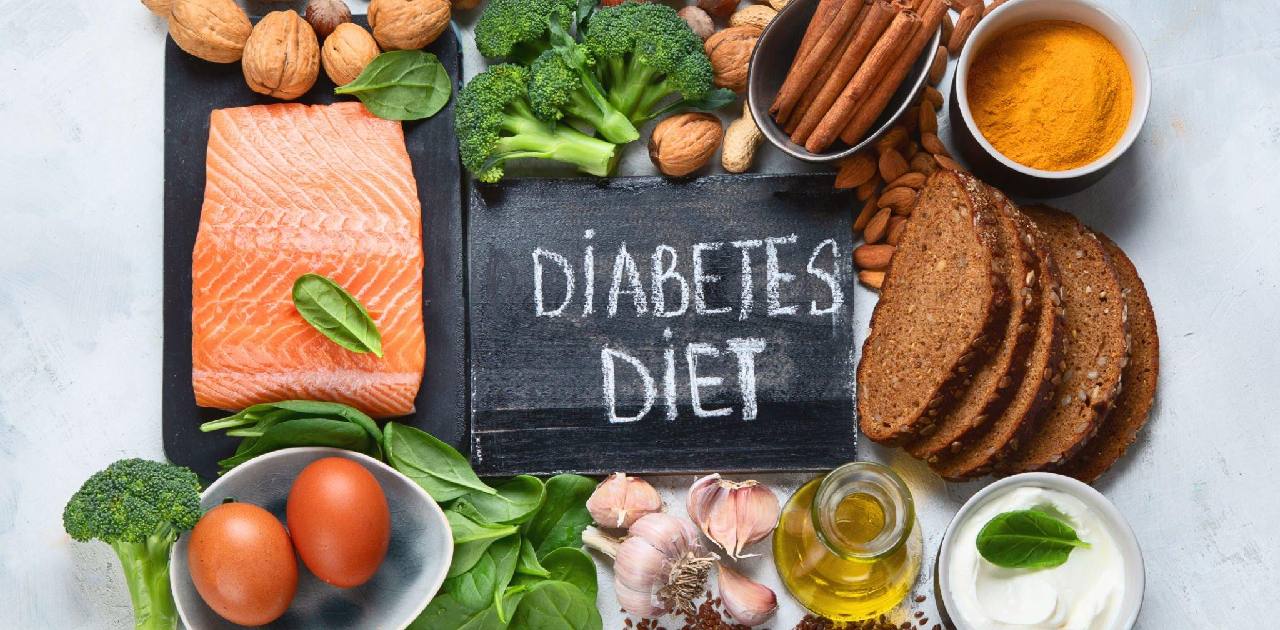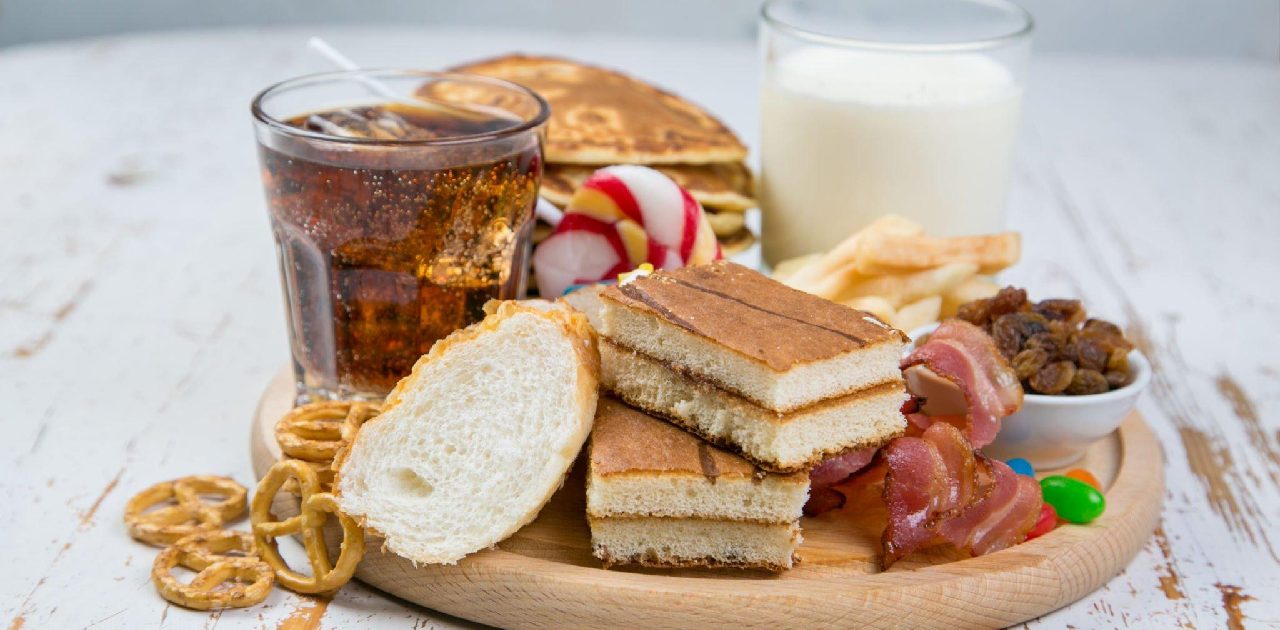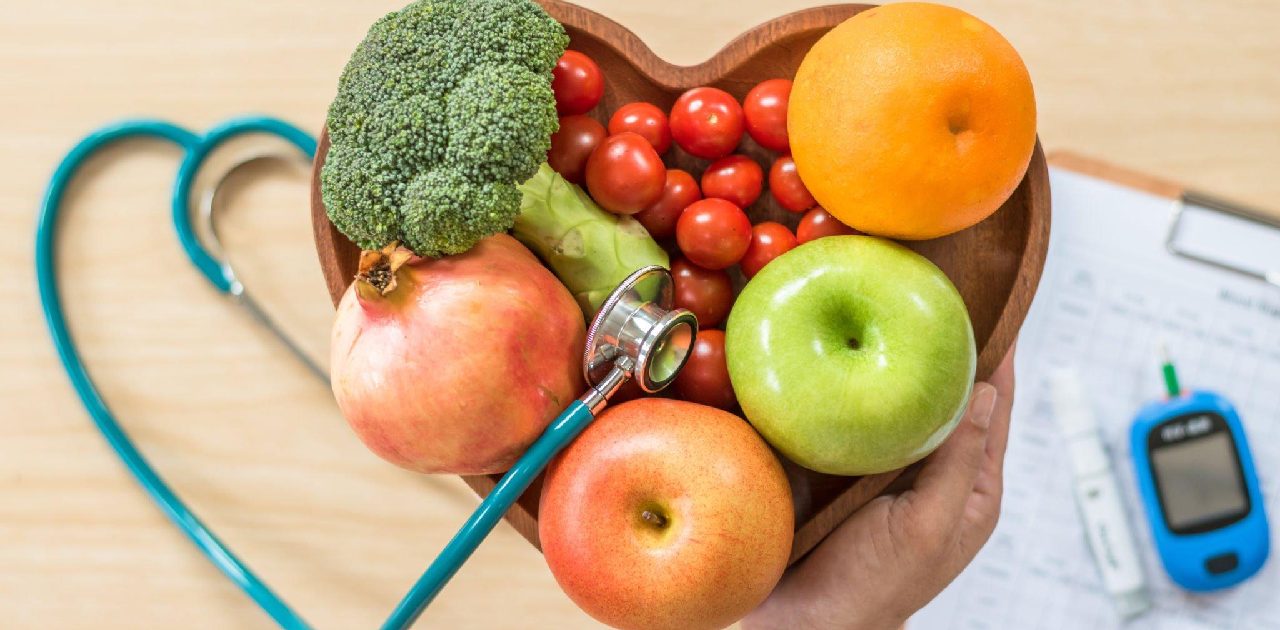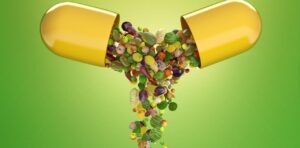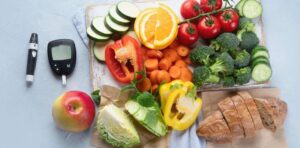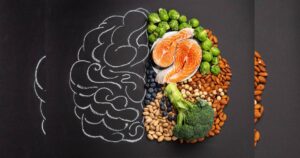Diabetes is a chronic disease that affects millions of people worldwide. It is a condition in which the body is unable to produce or properly use insulin, a hormone that regulates blood sugar levels. There are two types of diabetes: type 1 and type 2. Type 1 diabetes is an autoimmune disease that occurs when the body’s immune system attacks and destroys the insulin-producing cells in the pancreas. Type 2 diabetes, on the other hand, occurs when the body becomes resistant to insulin, or when the pancreas fails to produce enough insulin. While there is no cure for diabetes, it can be managed through a combination of medication, exercise, and diet. In fact, diet plays a crucial role in diabetes management. By making healthy food choices and avoiding certain foods, people with diabetes can keep their blood sugar levels within a healthy range and prevent complications. In this article, we will discuss the ultimate list of foods to avoid for diabetes.
Importance of diet in diabetes management
Diet is an essential component of diabetes management. The food we eat affects our blood sugar levels, and people with diabetes need to be mindful of what they eat to prevent spikes in blood sugar levels. A healthy diet for people with diabetes should include foods that are low in saturated and trans fats, sodium, and added sugars. Instead, they should focus on consuming foods that are high in fiber, protein, and healthy fats.
A balanced diet for people with diabetes should consist of:
- Whole grains
- Fruits and vegetables
- Lean protein sources such as fish, poultry, and beans
- Low-fat dairy products
- Healthy fats such as olive oil, avocado, and nuts
By making healthy food choices, people with diabetes can improve their blood sugar control, reduce their risk of complications, and improve their overall health.
Foods to avoid for diabetes – the ultimate list
People with diabetes should avoid certain foods that can cause spikes in blood sugar levels and contribute to the development of complications. Here are some of the foods to avoid for diabetes.
Refined carbohydrates and their impact on blood sugar levels
Refined carbohydrates are carbohydrates that have been stripped of their fiber and nutrients. They are found in foods such as white bread, pasta, rice, and sugary snacks. These foods are quickly digested and can cause a rapid increase in blood sugar levels. People with diabetes should avoid these foods and instead choose whole grain alternatives, which are high in fiber and have a lower impact on blood sugar levels.
Sugary drinks and their link to diabetes
Sugary drinks such as soda, fruit juice, and sports drinks are high in added sugars and can cause a rapid increase in blood sugar levels. They also contribute to weight gain, which is a risk factor for diabetes. People with diabetes should avoid sugary drinks and instead choose water, unsweetened tea, or sugar-free beverages.
Processed foods and their negative effects on diabetes
Processed foods such as fast food, frozen meals, and snack foods are high in sodium, unhealthy fats, and added sugars. They are also low in nutrients and can contribute to weight gain and inflammation, which are risk factors for diabetes. People with diabetes should avoid processed foods and instead choose whole, nutrient-dense foods.
Trans fats and their role in diabetes development
Trans fats are a type of unhealthy fat found in foods such as fried foods, baked goods, and processed snacks. They can raise LDL (bad) cholesterol levels and lower HDL (good) cholesterol levels, which can increase the risk of heart disease and diabetes. People with diabetes should avoid trans fats and instead choose foods that are high in healthy fats such as omega-3 fatty acids.
Red meat and its impact on diabetes risk
Red meat is high in saturated fats and can increase the risk of developing type 2 diabetes. People with diabetes should limit their intake of red meat and instead choose lean protein sources such as fish, poultry, and beans.
High-sodium foods and their effect on diabetes management
High-sodium foods such as processed meats, canned soups, and salty snacks can increase blood pressure and contribute to the development of complications in people with diabetes. People with diabetes should limit their intake of high-sodium foods and instead choose low-sodium alternatives.
Other foods to avoid in diabetes
Other foods to avoid for diabetes include:
- High-fat dairy products such as whole milk and cheese
- Fried foods
- Sugary snacks such as cookies, cakes, and candy
- Alcohol
Healthy food alternatives for people with diabetes
People with diabetes can still enjoy a variety of delicious and healthy foods. Here are some healthy food alternatives for people with diabetes:
- Whole grain bread, pasta, and rice
- Fresh fruits and vegetables
- Lean protein sources such as fish, poultry, and beans
- Low-fat dairy products such as skim milk and low-fat yogurt
- Healthy fats such as olive oil, avocado, and nuts
- Sugar-free beverages such as water, unsweetened tea, and sugar-free soda
By choosing healthy food alternatives, people with diabetes can improve their blood sugar control, reduce their risk of complications, and improve their overall health.
Frequently Asked Questions:
What are the best foods to avoid diabetes?
There are several foods that can help prevent diabetes, such as leafy greens, whole grains, nuts, berries, and fatty fish.
Are there any foods that can increase the risk of diabetes?
Yes, foods high in sugar, refined carbohydrates, and saturated or trans fats can increase the risk of developing diabetes. Examples include sugary drinks, processed snacks, white bread, and fried foods.
Is it important to count carbohydrates when trying to avoid diabetes?
Yes, counting carbohydrates can be helpful in managing blood sugar levels and preventing diabetes. However, it’s important to focus on healthy carbohydrates such as whole grains, fruits, and vegetables, rather than processed and sugary foods.
Can eating too much fruit cause diabetes?
Eating moderate amounts of fruit is generally considered healthy and can actually help prevent diabetes. However, consuming large amounts of fruit juice or dried fruit can increase blood sugar levels and potentially increase the risk of developing diabetes.
Is it safe to consume artificial sweeteners when trying to avoid diabetes?
While artificial sweeteners can be a good alternative to sugar, it’s important to consume them in moderation. Some studies have suggested a potential link between excessive consumption of artificial sweeteners and an increased risk of diabetes, but more research is needed to fully understand this relationship.
Are there any specific foods or drinks that can help lower blood sugar levels?
Yes, some foods and drinks that can help lower blood sugar levels include cinnamon, green tea, apple cider vinegar, and high-fiber foods such as beans, oats, and flaxseeds.
Can alcohol consumption increase the risk of diabetes?
Yes, excessive alcohol consumption can increase the risk of developing diabetes. It’s important to drink in moderation and to choose low-sugar alcoholic beverages such as light beer or wine.
Is it necessary to completely avoid all sugar when trying to avoid diabetes?
No, it’s not necessary to completely avoid all sugar. However, it’s important to limit the consumption of foods and drinks that are high in added sugars and to choose natural sources of sugar, such as fruit, in moderation.
Conclusion – the importance of a balanced diet in diabetes management
In conclusion, diet plays a crucial role in diabetes management. By making healthy food choices and avoiding certain foods, people with diabetes can keep their blood sugar levels within a healthy range and prevent complications. The ultimate list of foods to avoid for diabetes includes refined carbohydrates, sugary drinks, processed foods, trans fats, red meat, high-sodium foods, and other unhealthy foods. By choosing healthy food alternatives, people with diabetes can improve their health and well-being. Remember to always consult with a healthcare professional before making any changes to your diet or exercise routine.
